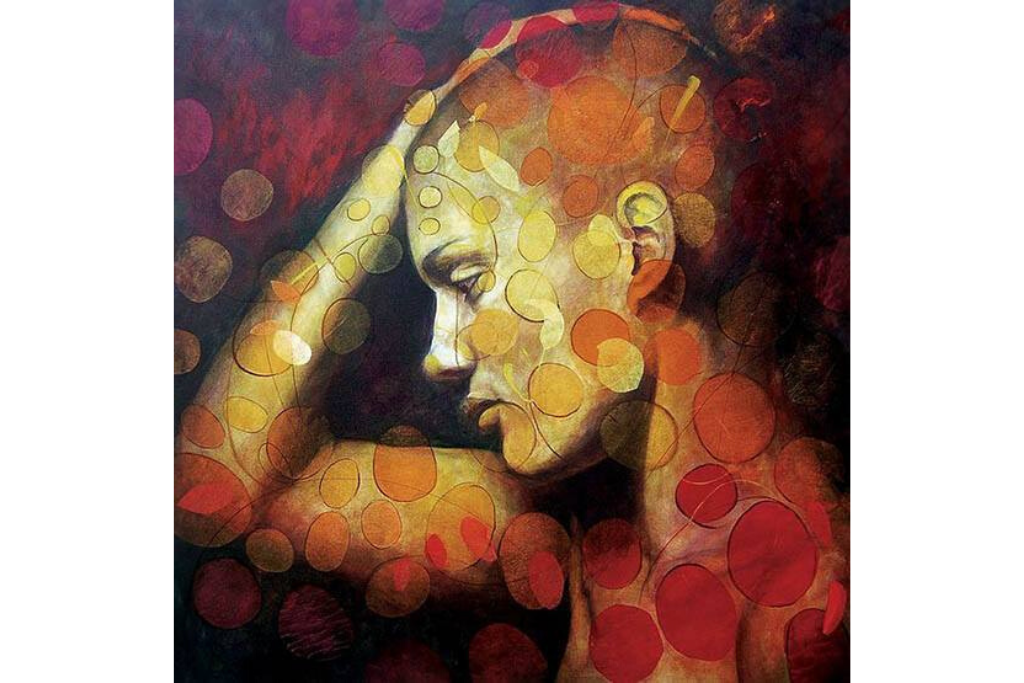On Smart Girls & Remarkable Women


As an intelligent, sensitive, empathic woman, I can greatly connect to these words. With further wisdom, I understand that I have introverted and extroverted aspects to my personality and that I can feel isolated all too often. This information below can be helpful for those of us who need to best understand these layers of a gifted woman, either in our selves or in our mates.
Kathleen Noble, interview by Douglas Eby
Read the entire interview here: http://talentdevelop.com/interviews/KNoble.html
The starting point, Dr. Noble declares, “is always self-awareness, which is not narcissism. And for gifted women, that absolutely includes the recognition of giftedness, because most women who are gifted, as you well know, think they’re freaks, and feel horribly different — isolated, alienated, ostracized, ‘What’s wrong with me?” […]
“Change has to come in terms of both social evolution and individual. Most of the women I work with who are gifted deny that they are, or are totally embarrassed to admit it. It seems I am always teaching women about the characteristics of giftedness, and asking them to look at themselves: ‘Even if you don’t want to admit this out loud because you think it’s immodest or because you’re embarrassed, at least in your own heart of hearts admit what you’re dealing with.’ […]
Isolation seems to be a common issue for gifted women, Dr. Noble feels. “And part of the isolation has to do with introversion. Not all, certainly, but I’d say the majority of gifted women are introverted. And introversion by itself leads one to isolate. When you’re introverted in an introverted culture, there’s more acceptance; but America is a very extroverted culture. To be introverted in an extroverted culture is to sort of give you a double whammy.
“So along with understanding what giftedness is all about, it’s important to understand what introversion is all about, and that it’s a normal temperament, and they really get their energy from solitude. So they need that solitude. That’s healthy. In fact, to not make space for solitude really puts gifted women at grave risk for developing everything from depression to eating disorders, as a way of trying to create enough personal space, maybe totally unconsciously.
“Another thing is that part of giftedness involves an affective awareness. Not a hundred percent of the time, but a lot of gifted women have intense radar; they’re very psychic, and that can intensify introversion, if you withdraw from crowds because you always feel raw, or pick up too much energy. So if you do have that kind of sensitivity, you really have to honor it, and
respect it, and learn how to choose those energies that nourish you and avoid those that drain you. That’s hard. We’re learning all the time.
“In terms of finding peers, you have to realize it is hard, and you have to work at it. […]
The internet is providing the means to find and explore relationships. “That’s particularly important for rural women,” notes Dr. Noble. “It’s a little bit easier to find kindred spirits if you’re in a city, or if you’re connected with a university or some kind of idea factory. It’s much harder if you’re in the corporate world or the retail world, or at home with small children.” […]
There are a number of qualities that gifted women possess that can easily get mislabeled and misdiagnosed. For instance, those gifted women who are very verbal are often told they talk too much. Now, it is true that many gifted women talk a lot.
“Some of them do in fact talk too much, and don’t know how to listen well. But I have seen, particularly in adolescents, that gifted girls who are very high energy and high verbal are often punished by teachers for those qualities, and the qualities are then negatively represented, rather than positively acknowledged. […]
Gifted women tend to combine qualities that we tend to ascribe to both genders. So for instance, you get women who are highly sensitive and highly empathic and compassionate (which are all components of psychic ability), combined with high energy and high drive, high independence and autonomy, which are qualities that the culture rewards in men but not in women.
“So in some ways, the pathologizing comes from the fact that gifted women, by their very nature, don’t fit the narrowly prescribed gender roles. And not just in a developed country like America, or Canada, but also in developing countries, where roles are generally even more traditional.
“Societal attitudes create what we consider normalcy to be. So when you talk about pathology, you are talking about deviation from what is presumed to be in the norm, and anything that is outlying statistically, or different from what we consider the norm, gets labeled pathology or ‘bad.’ […]
“Giftedness, per se, has often been described as pathology. I’ve had a lot of clients who come to me who have been told they are ‘too sensitive’, ‘too empathic’, ‘too smart’, ‘too verbal.’ I can’t think of one person I’ve seen who hasn’t been pathologized, for being ‘too’ — and I put that in quotes — all those things: ‘too high energy’, ‘too quirky’, ‘too introspective’, ‘too intuitive’ — blah, blah, blah. (> too Intense!!)
“It just depends on the setting. One of my clients is a physician who’s extremely intuitive: when she was in medical school, she could make diagnoses that she hadn’t the knowledge yet to be able to make, but she could read the body. And of course, what did her professors tell her? ‘You’re so weird.’
“That’s why I think if a person, a gifted woman, is going to seek help from a therapist, the first she has to do is educate herself about giftedness. That is critical. And then she has to educate her therapist about giftedness, because very, very few mental health practitioners know the first thing about it.”
Join Amandha’s Private Community!
Participate in specific health related groups, engage with holistic healers, educate yourself with step-by-step online courses, join Amandha in weekly video chats, and reach the ultimate natural health lifestyle.
![]()
Amandha D Vollmer (ADV)
BSc, Herbalist, Reiki Master,
Holistic Health Practitioner,
Degree of Doctor of Naturopathic Medicine
Websites:
Bringing the Wisdom of Nature Education: https://yummy.doctor/
YumNaturals Emporium Store: https://yumnaturals.store/
DMSO Products: https://DMSO.store
Healing with DMSO Book: https://healingwithdmso.com/
Support my Work by Making a Donation:
YUM BTC (Bitcoin) – bc1qayv9rjzlpc8hlc0t5d80le8u0g72f5p75570hz
YUM ETH (Ethereum) – 0xD4AE2Ae316435e4e68DC0c5D2131c2252fD9B0c4
https://yumnaturals.store/product/general-fee-or-donation/
https://www.patreon.com/yumnaturals
Telegram Chats:
1. ADV’s Main Channel: https://t.me/amandhavollmer
2. ADV’s Legal/Lawful Templates Group: https://t.me/HDoT_Templates
3. ADV’s Local Ontario Group: https://t.me/ontarioawake
Advice Disclaimer:
The website content, including but not limited to blogs, newsletters and videos with Amandha Vollmer are intended for general information only, and are not intended to be a substitute for legal, medical or financial advice, and should not be construed as legal, medical or financial advice applicable to your particular situation. No attorney-client or confidential relationship is or will be formed by use of this website or the contents within.

